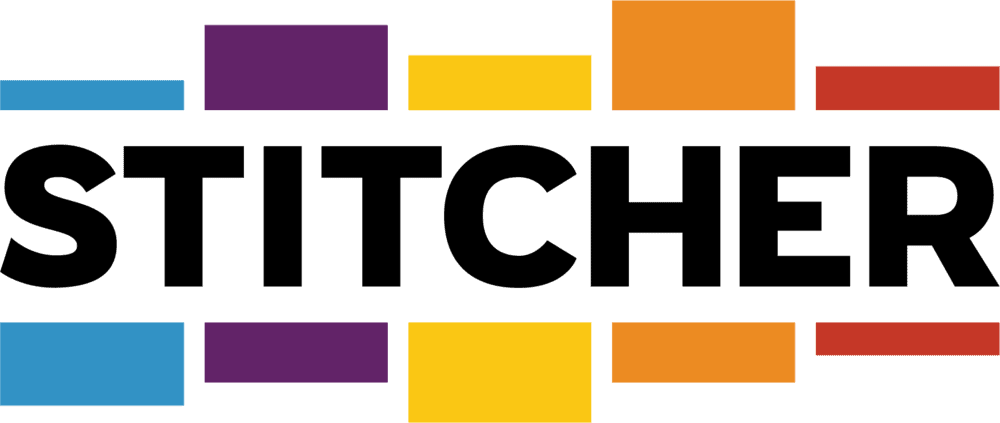Using priming to improve your life – our interview with Dr. John Bargh (Bonus Track)
John Bargh, Ph.D. is a Professor of Psychology and Management at Yale University. His name may be familiar because of the replication crisis, but there is so much more to John Bargh than a couple of experiments that were challenged during replication. John has authored more than 100 peer-reviewed articles, chapters in over 30 books, and he founded The ACME lab at Yale in order to research the unconscious and implicit influences on social judgment, motivation, and behavior.
Over the years, his research has focused on embodied cognition effects, or how physical experiences (such as washing one’s hands or holding something warm or rough) influence metaphorically related social variables (like how physical warmth leads to feelings of physical warmth, for example).
Recently, he’s been focused on how social goals and political attitudes can be influenced by the satisfaction of underlying physical-level motivations; for example, how immunization against the flu virus influences attitudes towards immigration as ‘invaders’ of one’s ‘cultural body.’
John’s work on priming, in general, and goal priming specifically, is quite remarkable. John is a top-notch scientist and lives and dies by the quality of his data. He pointed out how he chose to see the replication crisis as a learning opportunity, not a problem to be solved. While some of the more high-profile research has not replicated, a significant amount of these studies have been replicated. There is a need to focus on what the non-replications show us? We also need to remember, as John points out, that there will be false positives in research and it is good to find those.
Second, John reminded us how important the Zeigarnik Effect can be when it comes to creating interesting connections between things. One of the reasons we love his research is how he brings disparate elements together. His story about connecting his love of coffee with Dante’s Divine Comedy with his interests in William James and Freud is quite amazing. It inspires us to imagine what our brains might put together if we can only pay attention to what’s going on!
Third, John identified a few life hacks that can improve your life and those around you. Remember, the unconscious mind is constantly being influenced by the world around us and all the things in it. We were glad to be reminded how important it is to be intentional with things that are around us all the time, how we organize our work and living spaces, and maybe the most important one of all: hug your kids. Coming from a world-class scientist, that sounds like good advice to follow.
Groove Idea:
Our groove idea for the week is inspired by John’s comments about the pictures that we have all around us in our work and home environments. They’re priming us all the time. As John said, if you want to be honest like Abraham Lincoln, put his picture near your desk. At first, it will be intentional and conscious and won’t have the desired effect. After a while, though, it will become like wallpaper and will influence you in the subtlest ways.
So, here’s your challenge: make a careful review of the photographs on the walls of your office space and look at the things on your desk. As John said, “What are these reminders around me associated with?” Change or replace a few of these if they are not aligned with your goals and see how over the next few months it impacts you.
We encourage you to take an inventory and be intentional about your space. Does a fun picture interfere with my overriding goals? Be honest with yourself.
As always, drop us a line and let us know what you think!
And for now, we hope you get out there, have a great week, and keep on grooving
Related Podcast Episode:
John Bargh: Dante, Coffee and the Unconscious MindBEHAVIORAL GROOVES BLOG
- August 18, 2022 Improve Performance Using 12 Action-Oriented Words
- August 4, 2022 Groove Track: Why You Can’t Find a Cab on a Rainy Day!
- July 21, 2022 Mind Over Milkshakes: how our expectations change reality
- April 12, 2022 How One Man’s Social Identity is Inspiring the World
- February 11, 2022 Sweet Regret
- January 12, 2022 How to craft powerful goals – for you and your team!
- January 29, 2021 Being a Catalyst For Change with Jonah Berger (Bonus Track)
- November 13, 2020 The rule of 4 and other hints to improve your life with Roy Baumeister (Bonus Track)
- November 13, 2020 Using priming to improve your life – our interview with Dr. John Bargh (Bonus Track)
- October 23, 2020 Using moral arguments to change opinions with Andy Luttrell (Bonus Track)
- September 29, 2020 Habits vs Routines
- September 29, 2020 Good Prime – Bad Prime
- April 8, 2020 Why toilet paper?











